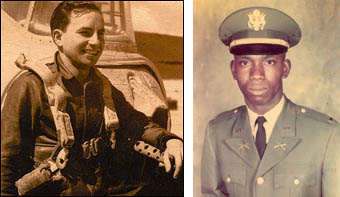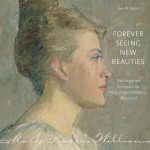Wild Music: Sound and Sovereignty in Ukraine by Maria Sonevytsky received the 2020 Lewis Lockwood Award from the American Musicological Society (AMS). The Lockwood Award honors each year a musicological book of exceptional merit published during the previous year in any language and in any country by a scholar in the early stages of his or her career who is a member of the AMS or a citizen or permanent resident of Canada or the United States.
Music and Modernity among First Peoples of North America edited by Victoria Lindsay Levine and Dylan Robinson received the 2020 Ellen Koskoff Edited Volume Prize from the Society for Ethnomusicology (SEM), which honors each year a book collection of ethnomusicological essays of exceptional merit edited by a scholar or scholars.
In addition, co-editor Dylan Robinson received SEM’s Helen Roberts Prize for his chapter contributed to Music and Modernity among First Peoples of North America, “Speaking to Water, Singing to Stone: Peter Morin, Rebecca Belmore, and the Ontologies of Indigenous Modernity.” The prize recognizes the most significant article in ethnomusicology written by members of the Society for Ethnomusicology.
Music and Modernity among First Peoples of North America also received the 2020 Ruth A. Solie Award for Edited Collections from the American Musicological Society (AMS), which honors each year a collection of musicological essays of exceptional merit published during the previous year in any language and in any country and edited by a scholar or scholars.
Congratulations to the authors, editors, and contributors to these volumes.





























